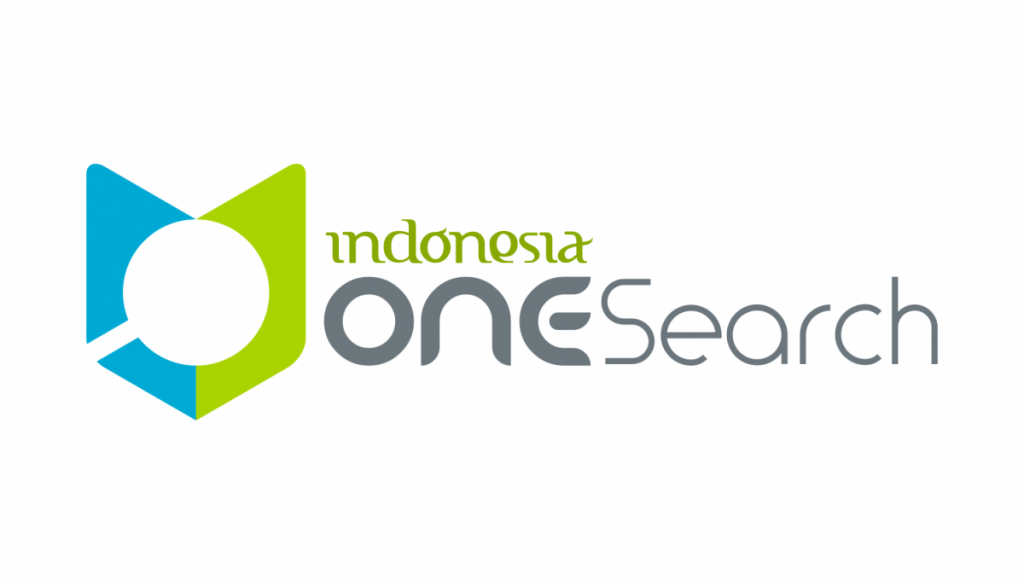Budidaya Tanaman Stevia Pemanis Alami Rendah Kalori Bersama Kader Kesehatan Desa Teguhan
 Abstract views: 0
,
Abstract views: 0
,
 pdf downloads: 0
pdf downloads: 0
Abstract
The recent phenomenon is that on every inch of empty sidewalk, in front of shops, in front of schools, and on the side of the road there must be sellers of sweet drinks, especially jumbo tea. Excessive sweet drinks can increase the risk of diseases caused by excess sugar such as diabetes and obesity. The purpose of this community service activity (PkM) is to increase the knowledge of Teguhan Village health cadres regarding the dangers of obesity, diabetes, and the benefits of stevia. The community service methods used include counseling about the dangers of diabetes, obesity, stevia plant cultivation, and joint practice in planting and processing stevia plants until ready for consumption. This PKM activity resulted in an increase in knowledge among cadres by 63%. The percentage of knowledge before being given counseling regarding obesity, diabetes, and stevia was only an average of 28% and after the PKM activity ended, the average knowledge of cadres increased to 91%. These results are expected to reduce the use of cane sugar switch to stevia sugar and spread their knowledge to the surrounding community so that more people know about the benefits of stevia plants.
Copyright (c) 2025 Tiara Intan Cahyaningtyas, Naniek Kusumawati, Heidy Paramitha Devi , Nur Samsiyah, Puput Tri Lestari, Dinda Sir Anisa

This work is licensed under a Creative Commons Attribution 4.0 International License.
Copyright Notice
Authors who publish with this journal agree to the following terms:
- Authors retain copyright and grant the journal right of first publication with the work simultaneously licensed under a Creative Commons Attribution License that allows others to share the work with an acknowledgement of the work's authorship and initial publication in this journal.
- Authors are able to enter into separate, additional contractual arrangements for the non-exclusive distribution of the journal's published version of the work (e.g., post it to an institutional repository or publish it in a book), with an acknowledgement of its initial publication in this journal.
- Authors are permitted and encouraged to post their work online (e.g., in institutional repositories or on their website) prior to and during the submission process, as it can lead to productive exchanges, as well as earlier and greater citation of published work (See The Effect of Open Access).

















